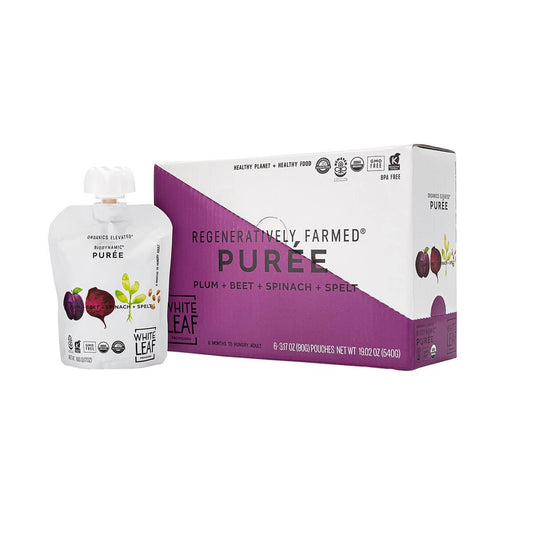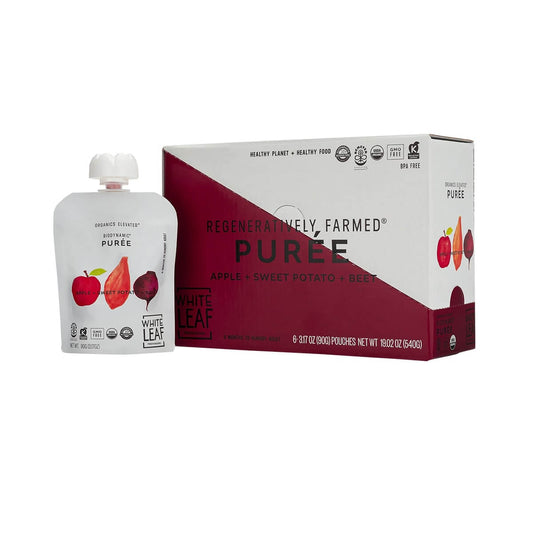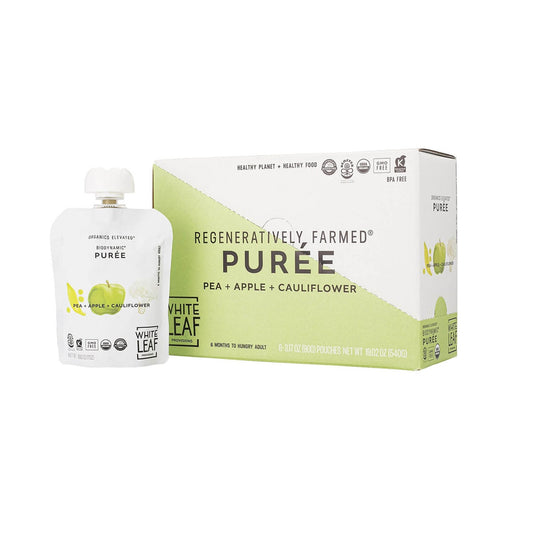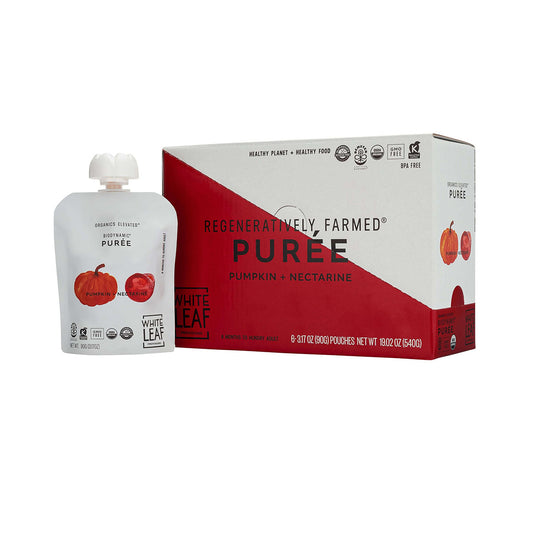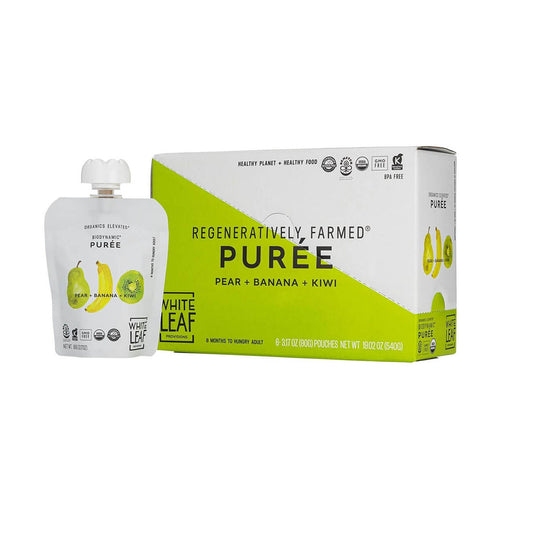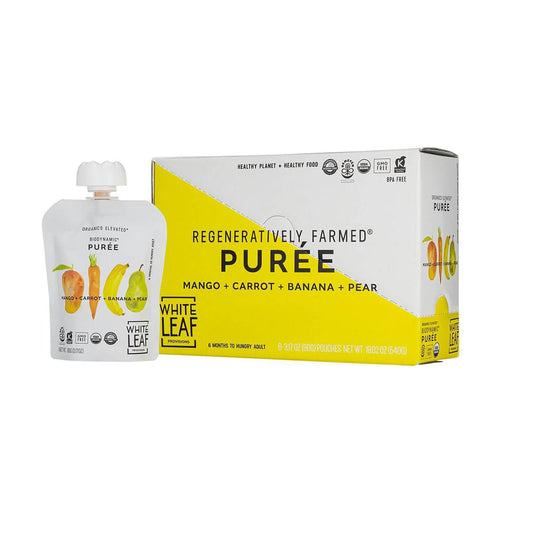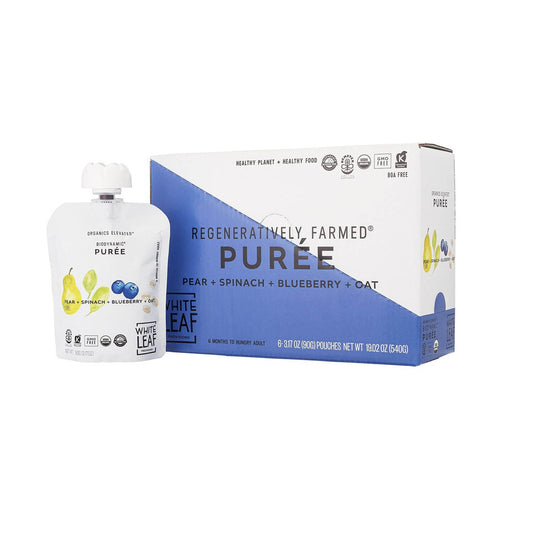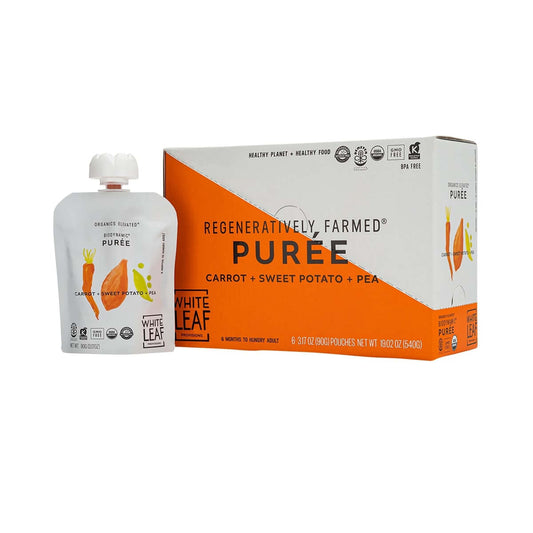What is Regenerative Agriculture?

Regenerative Agriculture
A regenerative farming model uses the highest organic farming standards as a baseline and works with nature to improve and repair the farm, rather than against it. It steadily improves the health of the earth and everything that lives on it, including us.
In place of harming the land, we nurture a system that heals the soil and even sequesters carbon from the air (helping to reverse climate change), while invigorating our bodies with the purest foods possible. This is how we source ingredients as tomorrow’s farmers®—protecting the planet while growing healthier, more resilient food systems for all. We see it as a win-win for the planet and humanity.
The Problem
There is an elegant natural solution that starts on the farm.

Why Regenerative?
It doesn’t have to stay that way. Regenerative agriculture is considered by many to be the most powerful weapon we have to preserve our climate, ensure our foods are nutrient-rich, decrease our dependence on overseas fertilizer and food production, and strengthen rural economies. To name a few!
Regenerative Practices
Healthy soil creates a healthy farm, which produces healthy plants to provide nutrients for us. Regenerative seeks to maximize health and vitality of the soil, ecosystem and crops, all at once. Some practices include:
-

Replacing Herbicides
Replacing chemical herbicides with farm produced herbal sprays to enhance and enliven crops
-

Crop Rotation
Growing different types of crops in the same area across seasons to naturally improve soil health, reduce pests & boost biodiversity
-

Composting
Composting converts organic scraps into rich soil, boosting its water retention, nourishing crops, and resisting pests
-

Mobile Grazing
Grazing animals, if managed properly, can bring pastures back to life, increasing biodiversity below and above ground. Restored pastures actually help draw down carbon, too!







